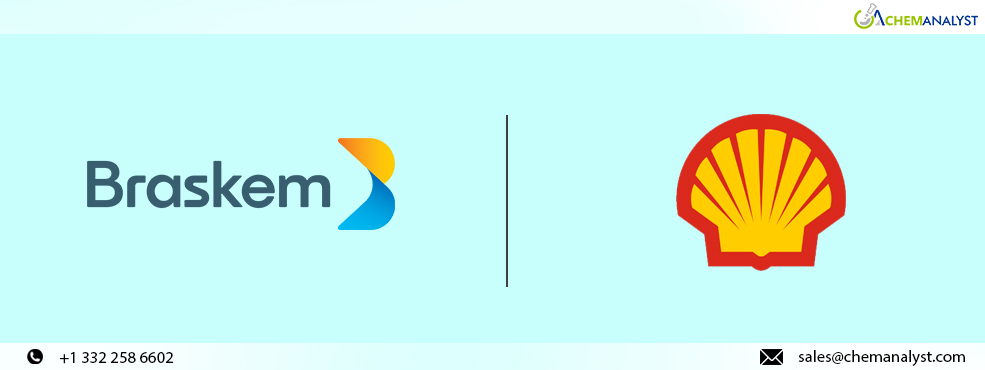Welcome To ChemAnalyst

Shell Chemicals has initiated the supply of bio-attributed and bio-circular propylene feedstocks to Braskem, employing a mass balance approach that is independently certified by a third party. Braskem will utilize these feedstocks to produce bio-attributed and bio-circular polypropylene, offering more sustainable alternatives to meet the growing consumer demand across various sectors such as packaging, film, automotive, and consumer goods markets.
Braskem, renowned for its leadership in the innovation and production of bio-based materials, is witnessing an increasing demand for renewable solutions within its markets. In January 2023, Braskem announced its assessment of a project targeting the production of bio-based propylene within the United States. This move underscores Braskem's commitment to sourcing sustainable propylene, particularly bio-attributed and bio-circular variants, to assist its polypropylene clients in achieving their carbon reduction and circularity objectives. Such endeavors are made possible through collaborations with forward-thinking suppliers like Shell. Braskem holds the belief that these varied renewable solutions complement each other and signify substantial strides toward guiding the plastics industry towards a more sustainable future. The company remains dedicated to developing and delivering solutions that support its global clients in realizing their sustainability objectives.
Shell, in its efforts to replace hydrocarbon feedstocks with bio-attributed and bio-circular alternatives in its propylene product line, aims to reduce greenhouse gas emissions and contribute to a circular economy. The collaboration with Braskem highlights Shell Chemicals' commitment to expanding its portfolio of sustainable chemicals. By integrating bio-attributed and bio-circular feedstocks, Shell is advancing its strategy to lower greenhouse gas emissions from its operations and ultimately achieve its ambition of becoming a net-zero emissions energy business by 2050.
This collaboration expands on a recent alliance between Shell and Braskem in Europe, which concentrates on improving the utilization of circular content in Braskem's polypropylene manufacturing. It underscores Braskem's dedication to attaining carbon neutrality and advancing its circular economy objectives by 2050.
Shell has also established ambitious targets to reduce absolute emissions by 50% by 2030, compared to 2016 levels, on a net basis. This encompasses emissions in Scope 1, originating directly from its operations, and in Scope 2, emanating from the energy Shell procures to run its operations, within its operational control.
The mass balance approach employed by Shell is an independent accounting process widely adopted across the industry. It enables Shell to attribute bio-circular and bio-attributed content to specific end products, particularly those manufactured using a blend of traditional and novel feedstocks. This process undergoes rigorous independent verification by a third-party certification body.
We use cookies to deliver the best possible experience on our website. To learn more, visit our Privacy Policy. By continuing to use this site or by closing this box, you consent to our use of cookies. More info.
